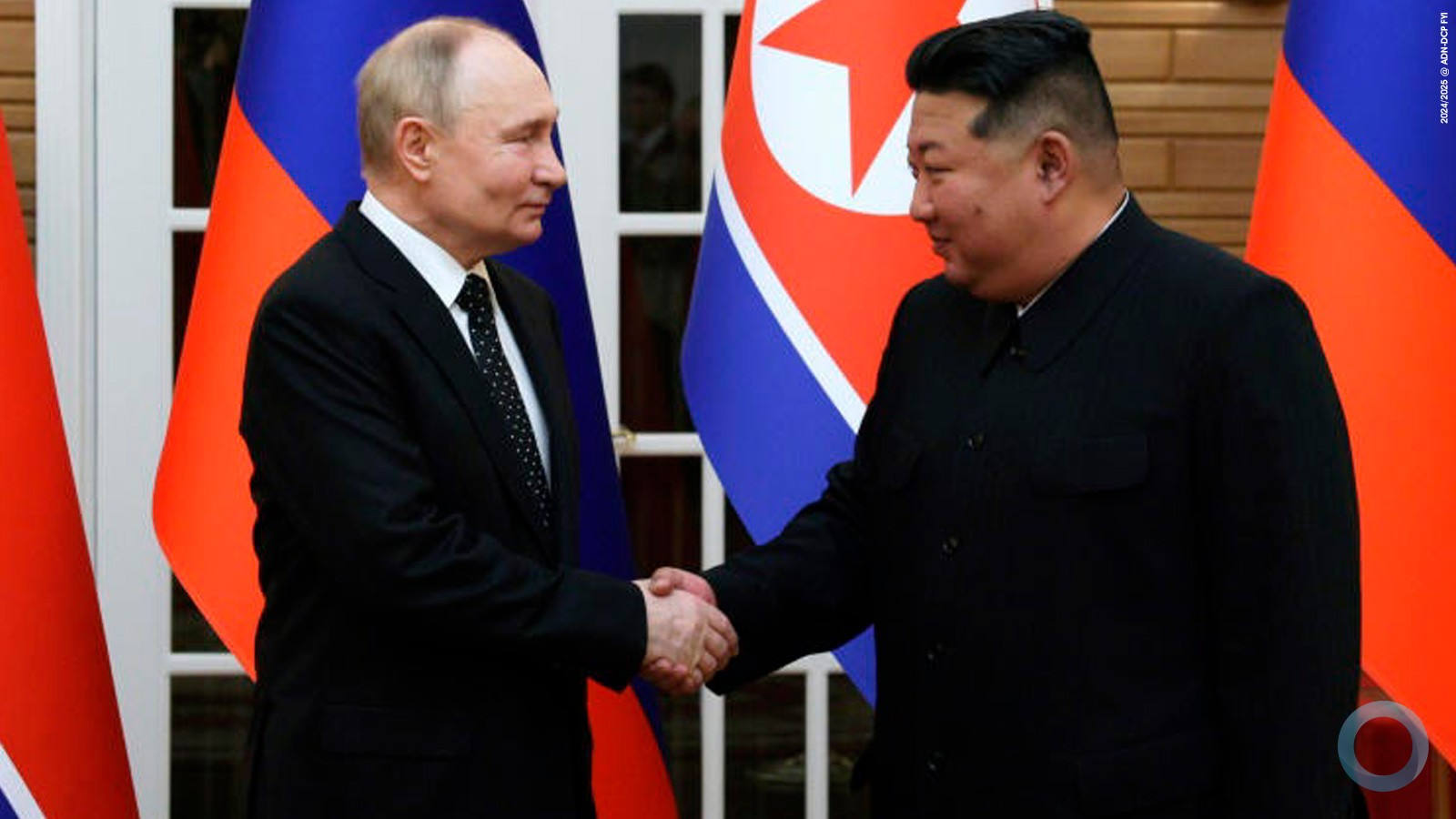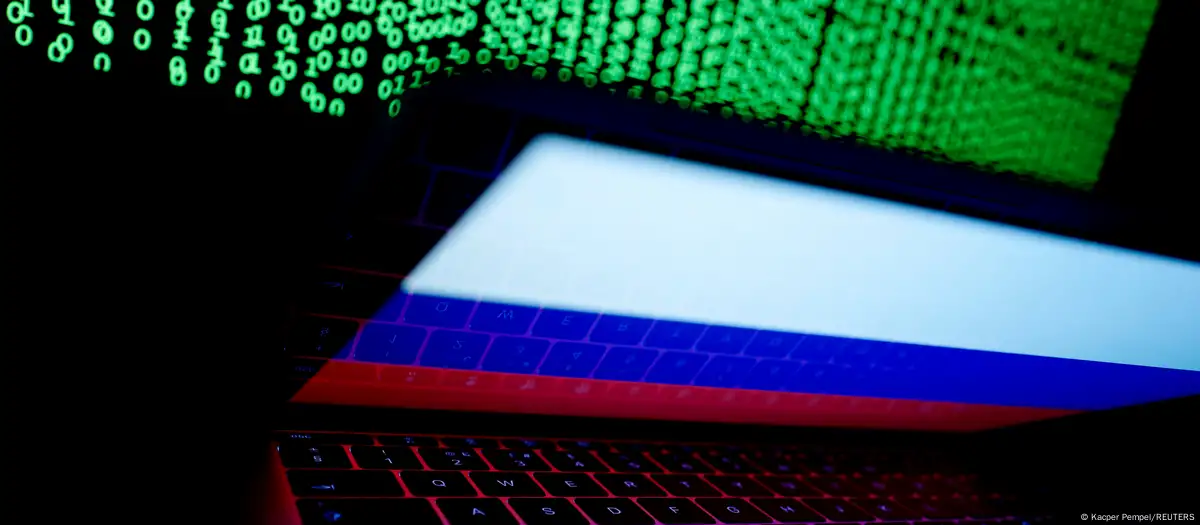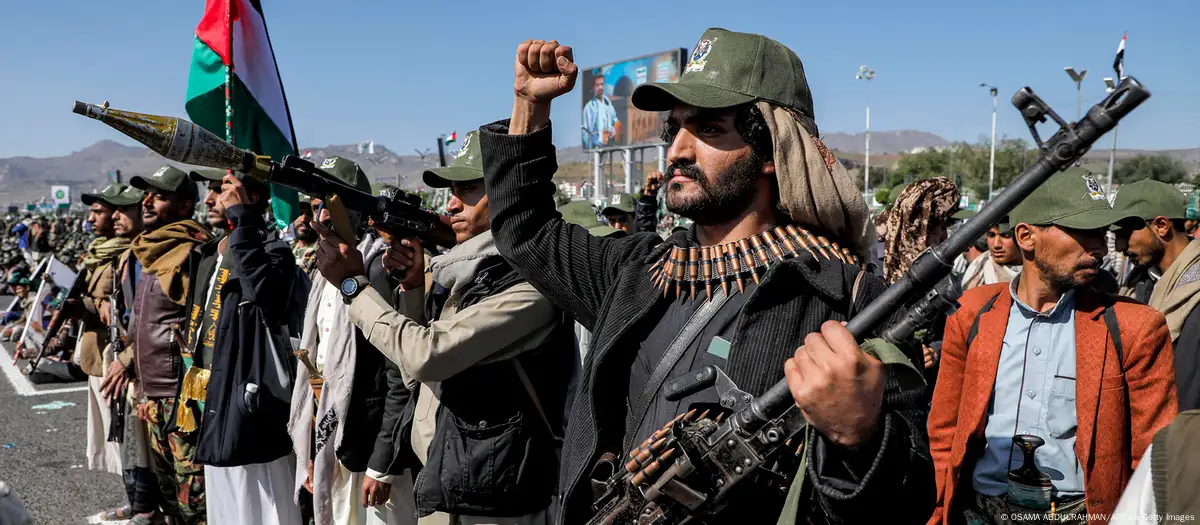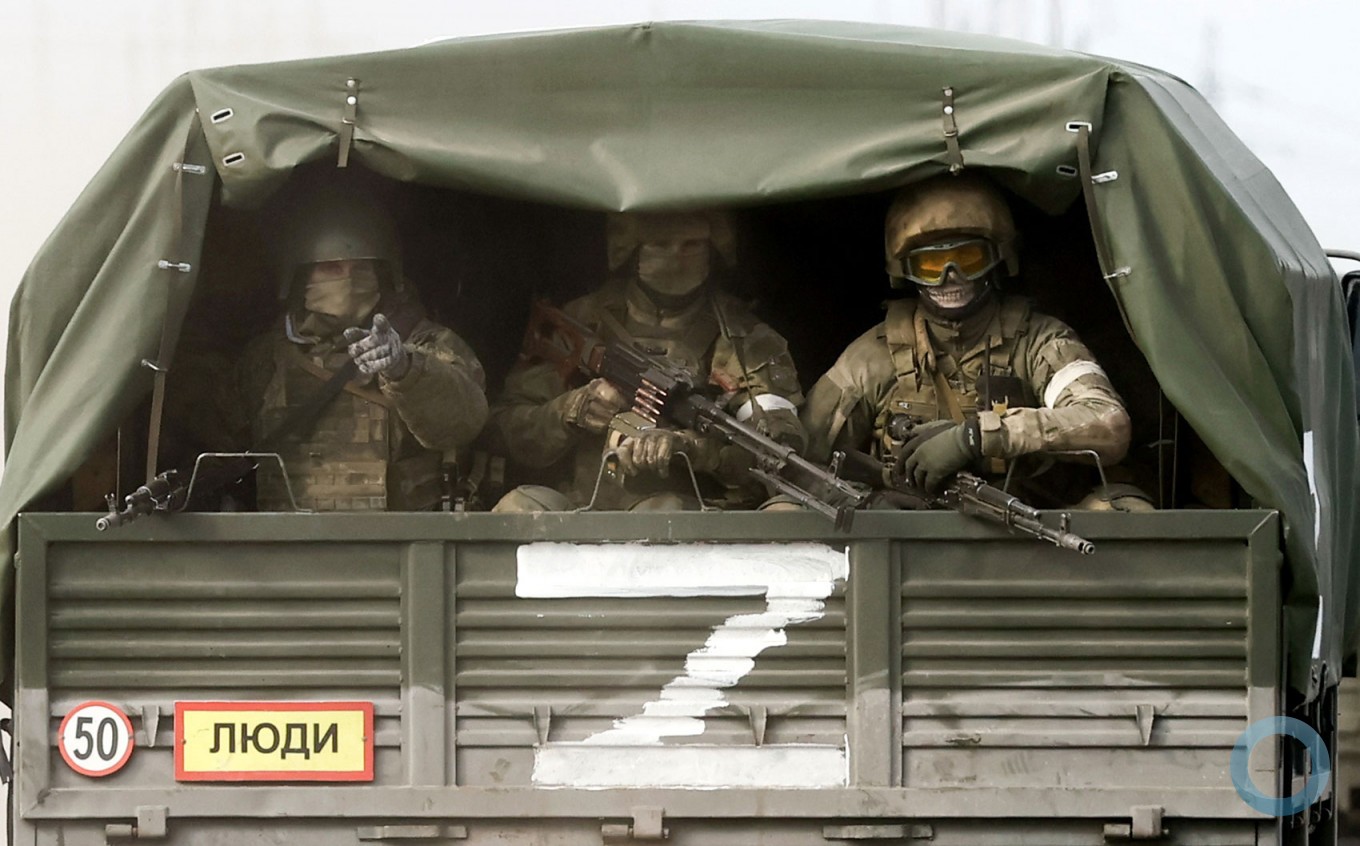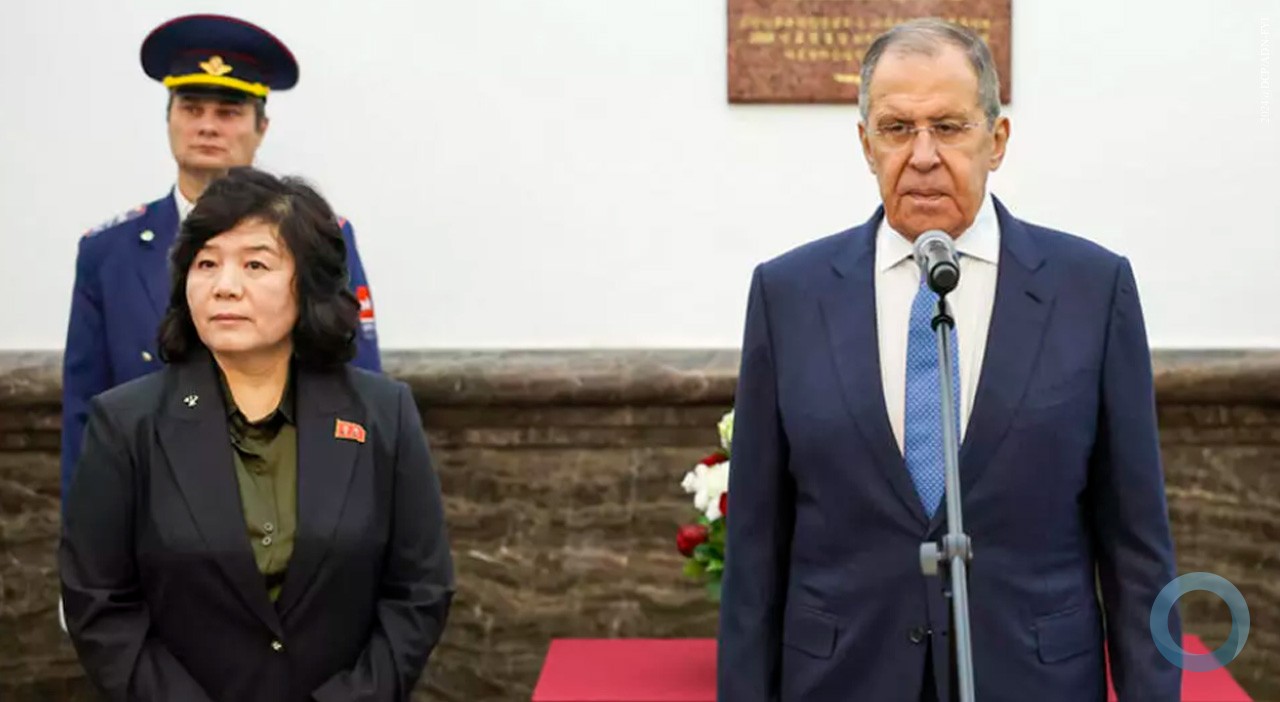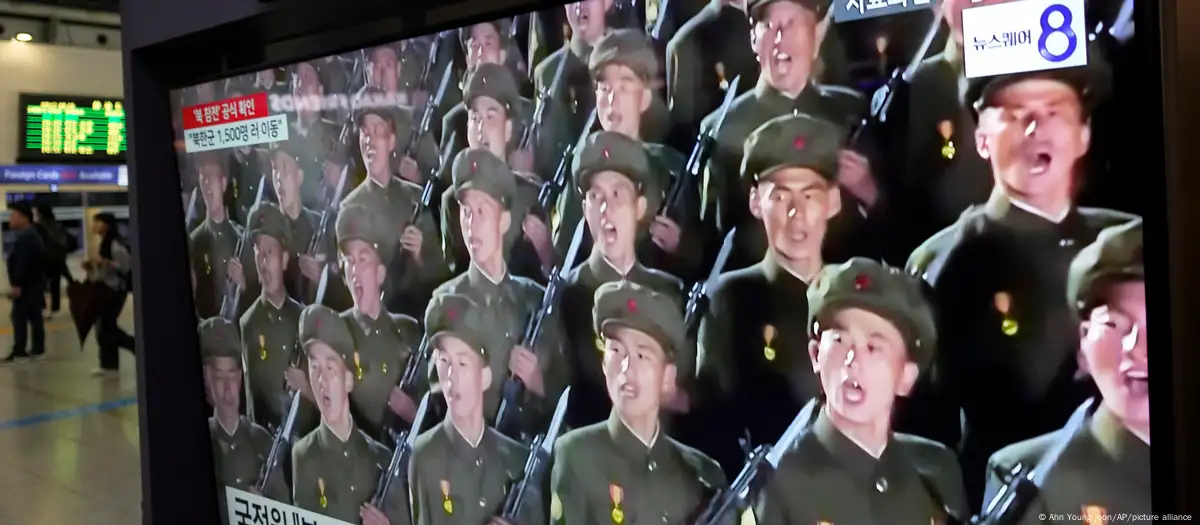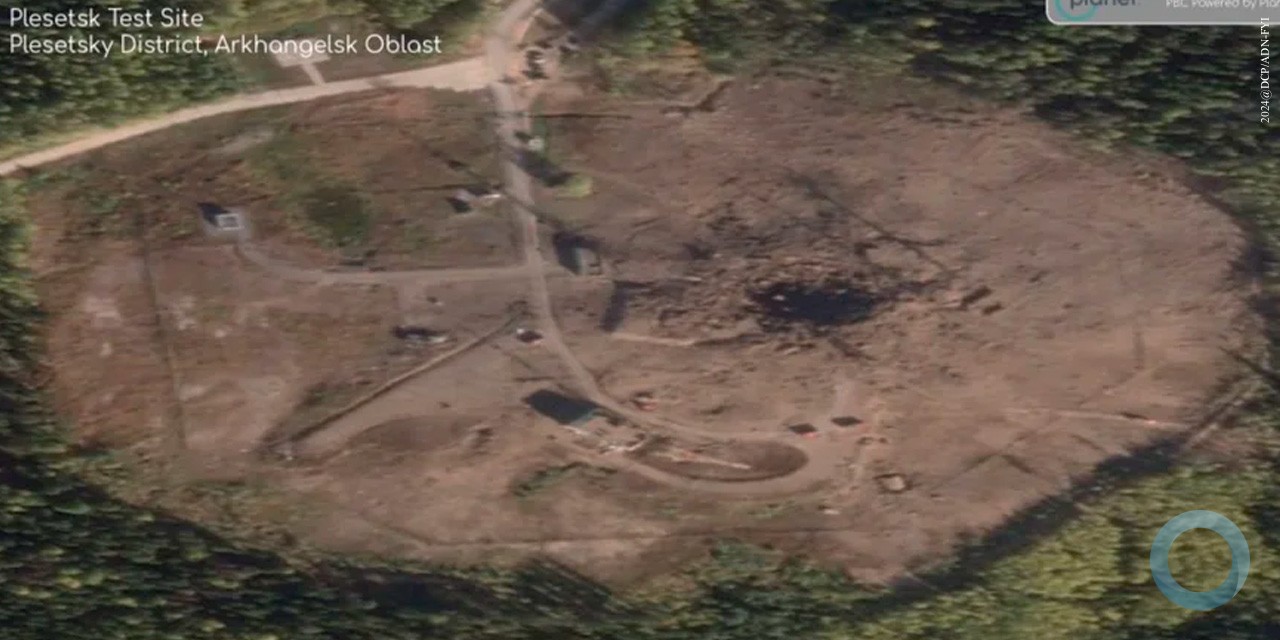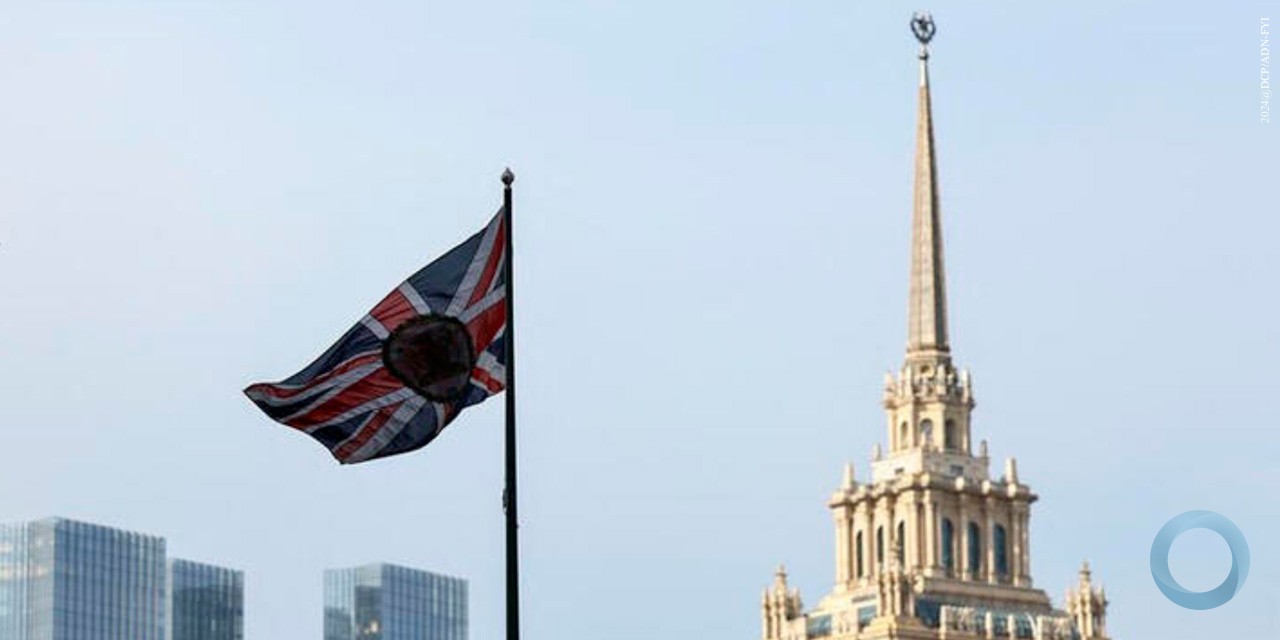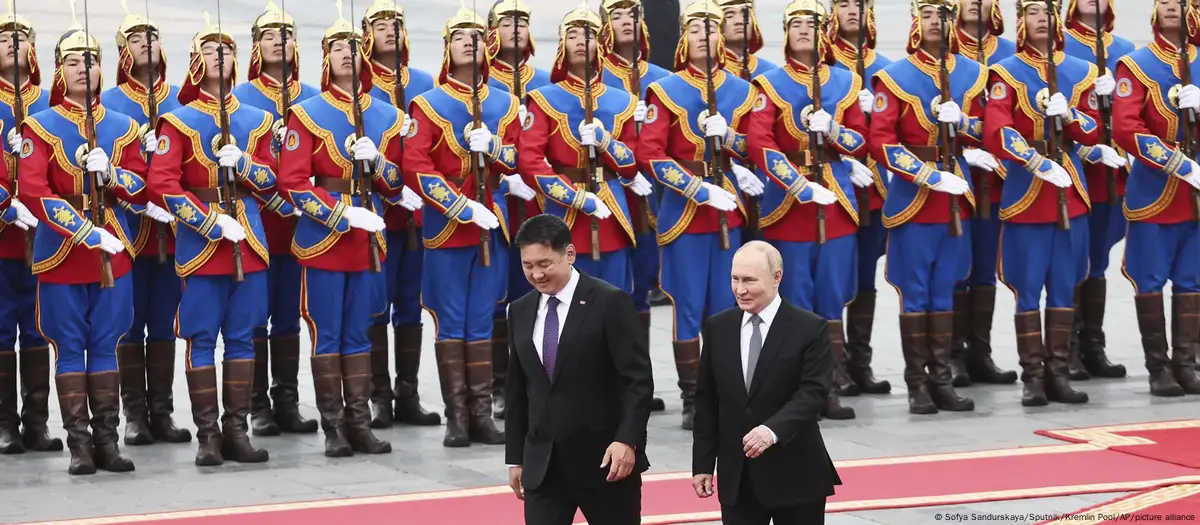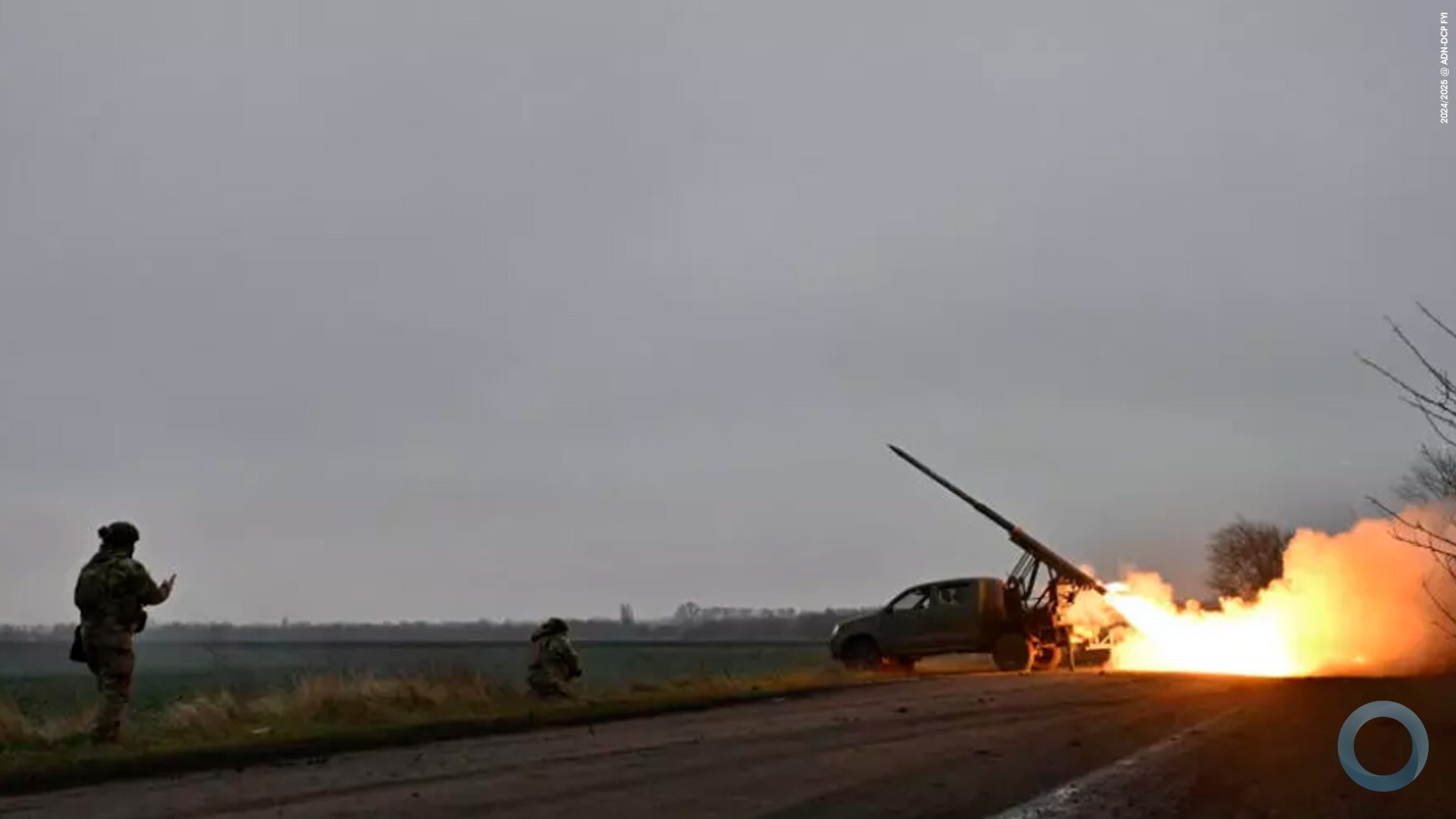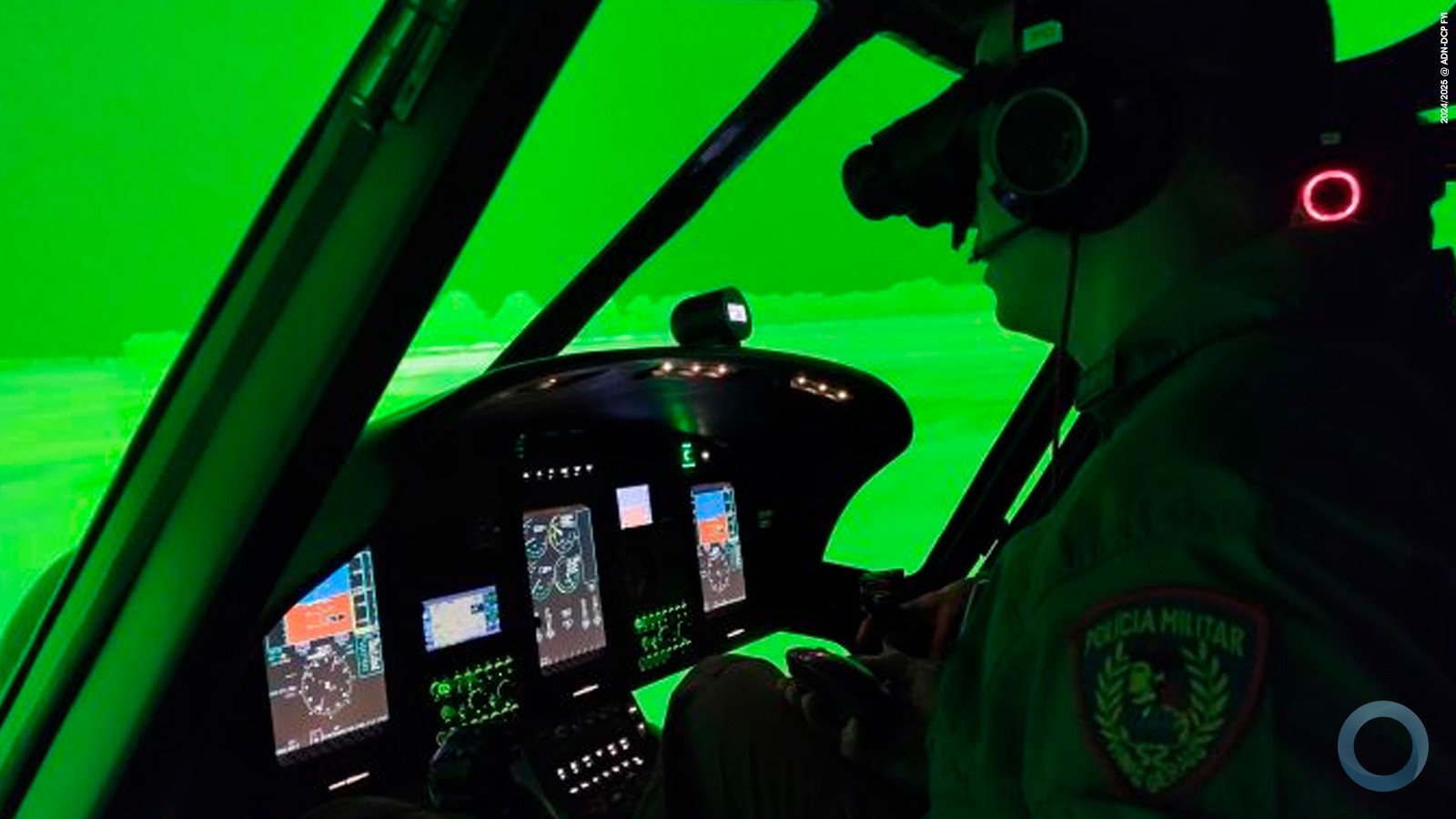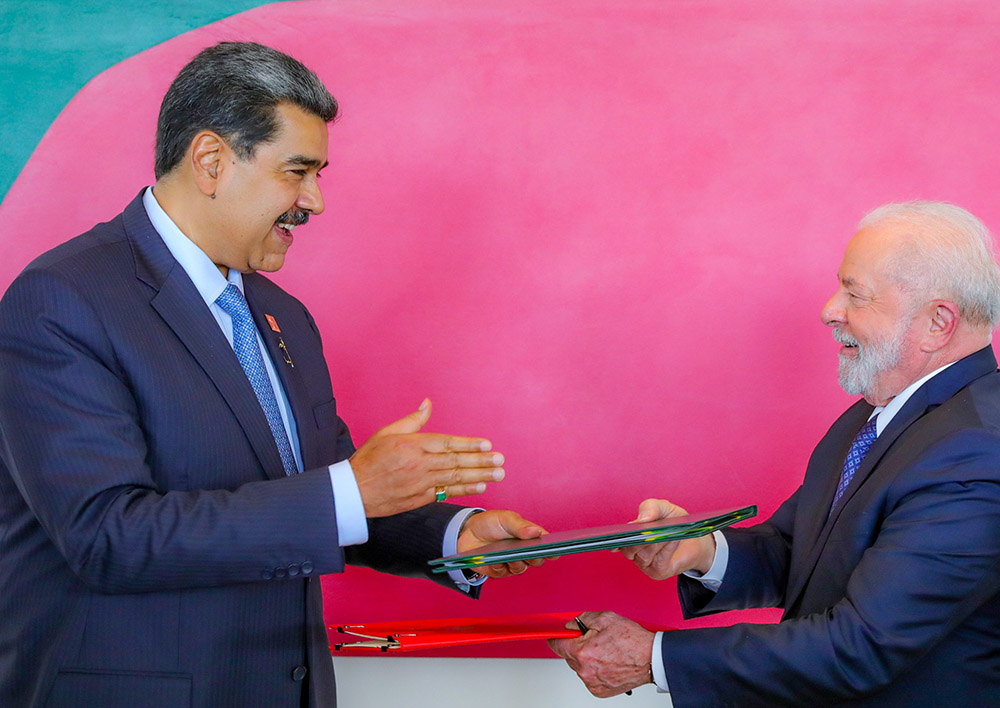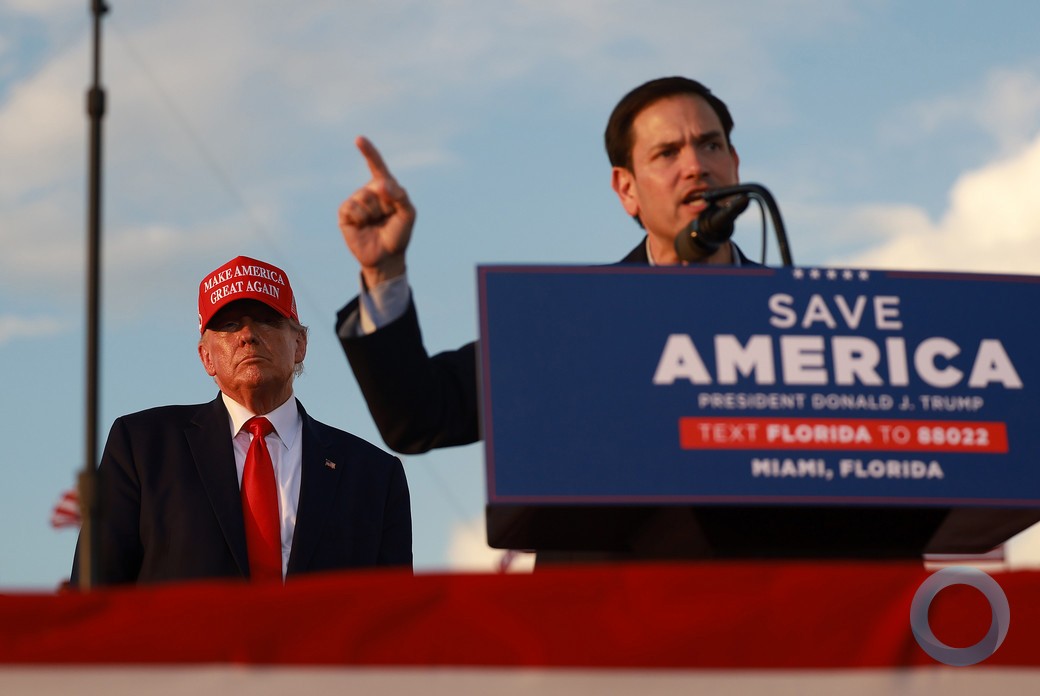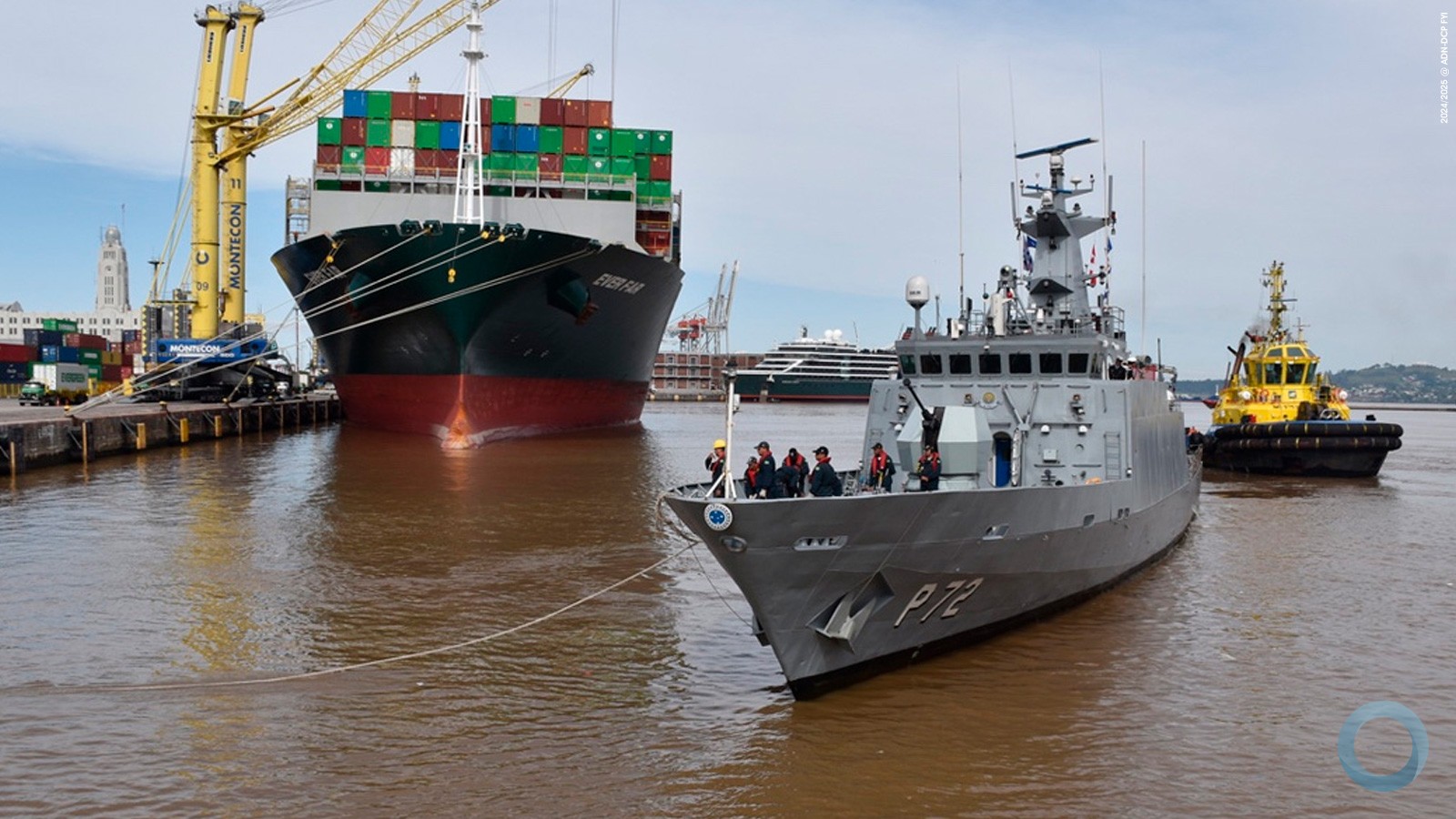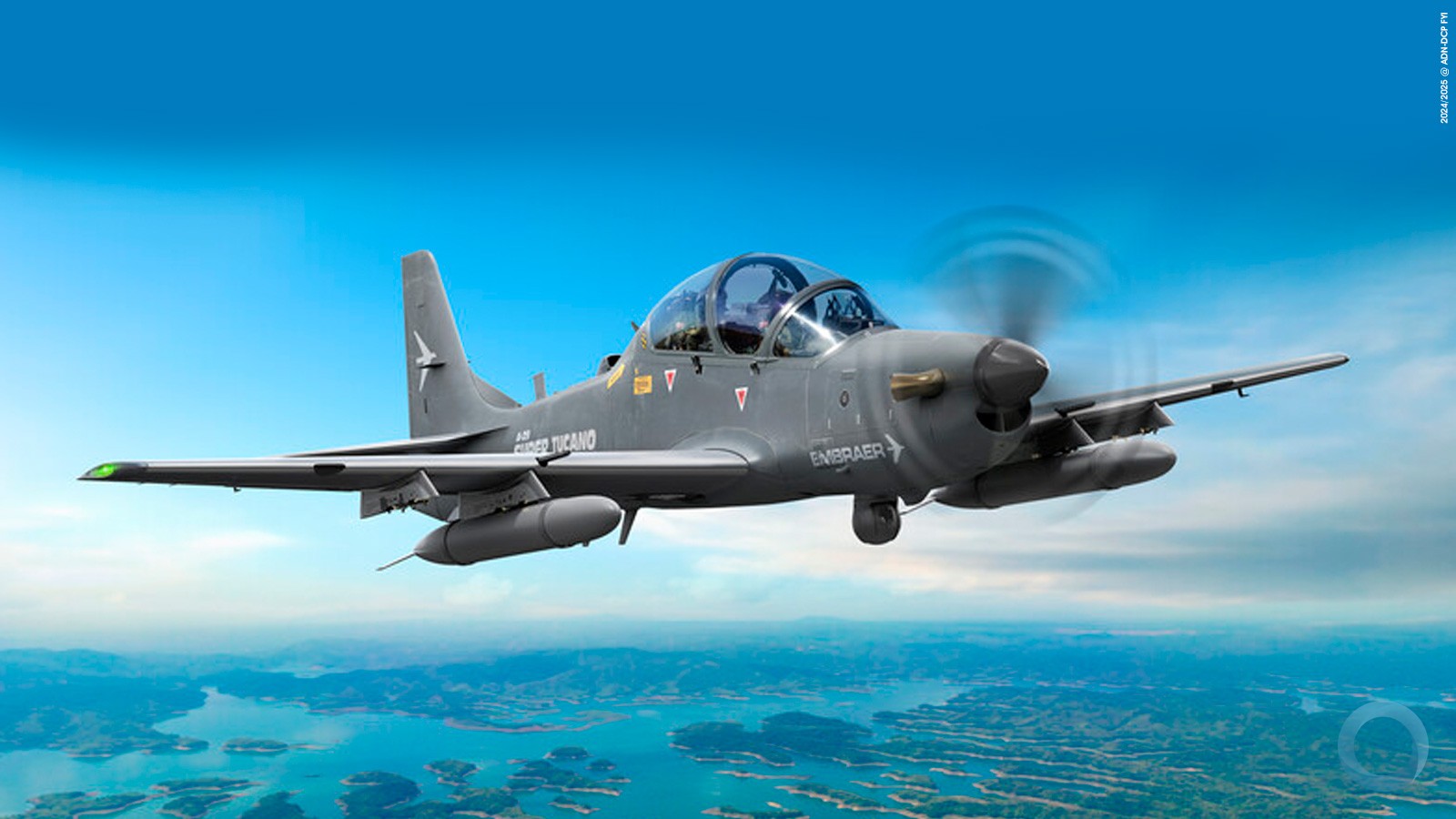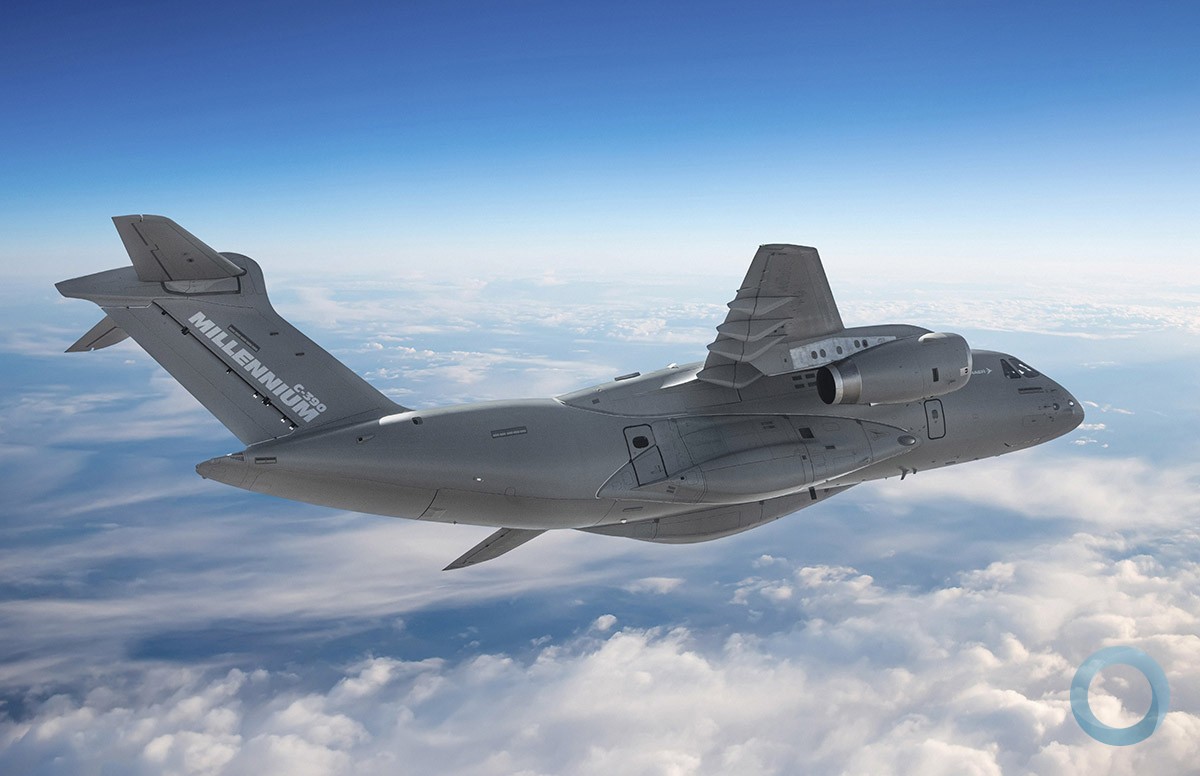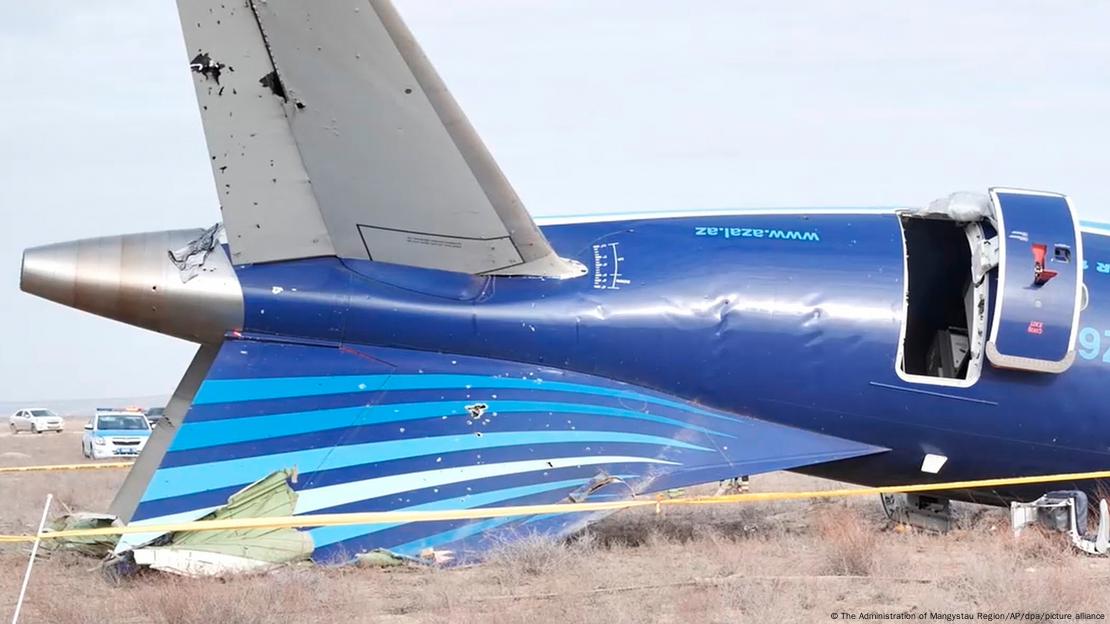Released by the Kremlin at 02 March 2020
The 20 Questions with Vladimir Putin project is an interview with the President of Russia on the most topical subjects of social and political life in Russia and the world. Total recording time is 3.5 hours.
Andrei Vandenko: The army.
Vladimir Putin: Ok, and…?
Andrei Vandenko: ”The armour is strong and our tanks are fast“, right?
Vladimir Putin: Sure. Az okh un vey! [Yiddish expression.] ”And our tanks are fast.“
Andrei Vandenko: Who are we going to fight against?
Vladimir Putin: We are not going to fight against anyone. We are going to create conditions so that nobody wants to fight against us, so that such idea hits nobody.
Andrei Vandenko: There is a notion of reasonable adequacy.
Vladimir Putin: Yes, there is. That’s what we adhere to.
Today we rank seventh as far as military spending goes. The US has outstripped us, Donald [Trump] told me, they have approved a huge budget for the next year, $738 billion, I think.
Andrei Vandenko: Did he brag?
Vladimir Putin: No, he said this with regret. He said the costs were too high. But he had to do it. He actually advocated disarmament, as he said.
Andrei Vandenko: Why then won’t he sign all those treaties?
Vladimir Putin: That is another question. This is a question of how one understands security and how to ensure it. We can discuss this topic.
Andrei Vandenko: With him or with me?
Vladimir Putin: I can discuss it both with him and with you. Doesn’t matter. I'm well-versed on this issue, I can discuss it with anyone.
I think this is actually a mistake. The New START should be extended. But this is another issue.
So, the US is ranked first in terms of spending, while China comes in second. Saudi Arabia, strangely enough, is ranked third, then comes Great Britain, France, and Japan. Japan has surpassed us, as we come in seventh. Moreover, our spending is falling each and every year. In contrast, other countries’ military spending has been rising.
And we are not going to fight against anybody, but we are creating such a situation in the defence sector so that nobody even dares to think about fighting us. And now there is a unique situation, I have recently spoken about it at the Defense Ministry. This is the first time in modern Russia. We always had to catch up with our strategic weapons competitors.
The first atomic bomb was created by the Americans. We caught up with them. Then the first strategic aircraft to deliver these weapons were also made by the Americans. We caught up to them, again. The first missiles were developed by the Americans. We still caught up. For the first time, we have created such offensive strike systems which the world has never seen. Now they are trying to catch up with us. This is a unique situation. This has never happened before. I mean, first of all, hypersonic offensive systems, including intercontinental ones.
In 2000, slightly over 1,300,000 people served in our army, now – a little more than a million. We increased the share of modern equipment by just 1 percent a year back then. The share of modern equipment was only 6 percent. And now, do you know how much, do you? Almost 70 [percent].
Andrei Vandenko: It's just like Chekhov’s principle, if there is a hypersonic rifle hanging on the wall, in the second or third chapter it will unquestionably go off.
Vladimir Putin: That may be true for the theatre. Security and political reality are governed by another rule. Do you know which one? It will go off if it is hanging just on one stage. And if a similar rifle is hanging on a stage close by, it is unlikely that anyone near it would want to use it.
This is exactly the situation that is called strategic stability and the balance of power. Due to this strategic balance, the world has avoided major military conflicts after World War II. Precisely thanks to this strategic stability and strategic balance. By the way, while developing their anti-ballistic missile system, the Americans wanted to upset this strategic stability and balance thinking that if they created a missile defence umbrella, the other side wouldn’t be able to respond adequately if they use nuclear weapons. However, after having developed these modern systems, including those which easily evade any anti-missile ballistic system, we maintain this strategic stability and strategic balance. It is essential not only for us, but also global security.






